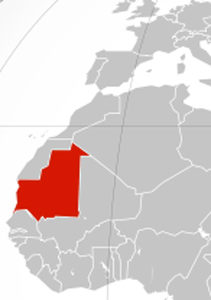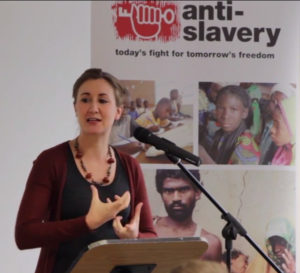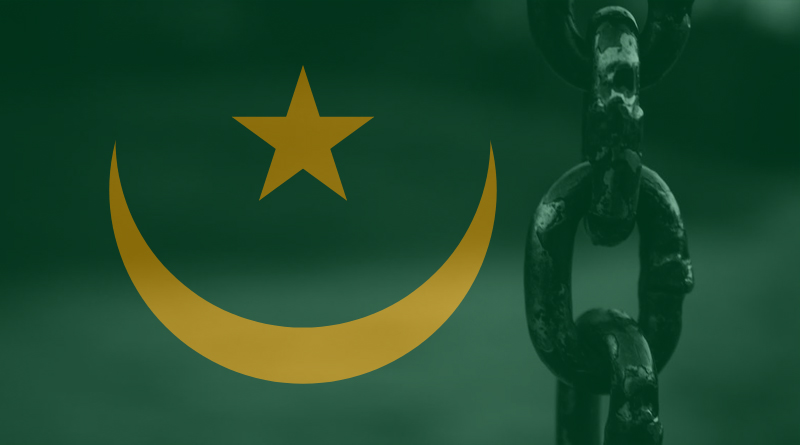SLAVERY IN MAURITANIA
Project Monma director Johanna Higgs travelled to Mauritania to learn more about how Mauritania’s descent-based system of slavery has affected women.
Despite the fact that slavery was officially banned in 2007, the 2016 Global Slavery Index estimates that 43,000 people or 1.06% of the total population live in conditions of modern or traditional slavery in Mauritania. Travelling to Nouakchott, Higgs met with a number of human rights activists campaigning to bring the practice to an end, as well as a number of ex-slaves who had been freed or managed to escape from slavery.
 Mauritania was one of the last countries in the world to officially criminalize slavery, but it has remained entrenched in Mauritanian society. A large reason for this is that Mauritanian slavery is rooted in attitudes towards social castes, descent, ethnic groups, and women, and these discriminatory attitudes have perpetuated.
Mauritania was one of the last countries in the world to officially criminalize slavery, but it has remained entrenched in Mauritanian society. A large reason for this is that Mauritanian slavery is rooted in attitudes towards social castes, descent, ethnic groups, and women, and these discriminatory attitudes have perpetuated.
Due to the culture of sexism and gender discrimination, it is a phenomenon that has disproportionally affected women, whether it be due to rape, forced marriage or other degrading treatment. UNICEF’s State of the World’s Children 2016 reported that by the age of 15 14% of Mauritania’s children are married, and by the age of 18 that increases to 34%. Most of these are girls. Therefore, despite marriage before 18 being illegal, more than a third of women are married by the time they reach that age.
Salimata Lam, the National Coordinator of SOS Esclaves, an organization working to rescue slaves and help them press charges against their masters, said that since 2014 SOS Esclaves has rescued 38 women from slavery. Sexual abuse is a major part of the female slaves experience. “Considered as property, female slaves are usually raped by their masters,” Lam said.
Women are unlikely to report these rapes for fear of being jailed. Sexual relations outside of marriage are prohibited under sharia law, and, even if you have been raped, a child born out of wedlock is a punishable offence.

Sarah Matthewson from Slavery International said, “there have been cases where we have been trying to help women prosecute their masters and the state prosecutors have told us that the victim could have problems because she has children outside of marriage. It’s used as a deterrent for women to speak out in rape cases and to prosecute their slave owners because they could face charges themselves.”
As slavery in Mauritania is run on a descent-based system that has been a part of the country’s feudal social structure, children today are still being born into slavery. Ramdhane, an ex slave described how he was born into slavery. His mother was given as a gift to the nephew of her master when she was seven years old. So when Ramdhane was born, he too became a slave.
This, combined with the ethnically structured system, of which the white Moors are the ethnic elite in control of the economy, government, military and police, make certain groups particularly vulnerable. The Harratin make up the main slave group and remain vulnerable to both modern and traditional slavery.
Project Monma calls for immediate attention to be given to the situation of slavery in Mauritania and ask that governments recognize that greater protection is needed to be given to women and girls in vulnerable situations to protect them from violence and discrimination.
Since 2014, Project Monma has worked with other nonprofit agencies to help women who have been victims of abuse – both in and outside the home.


